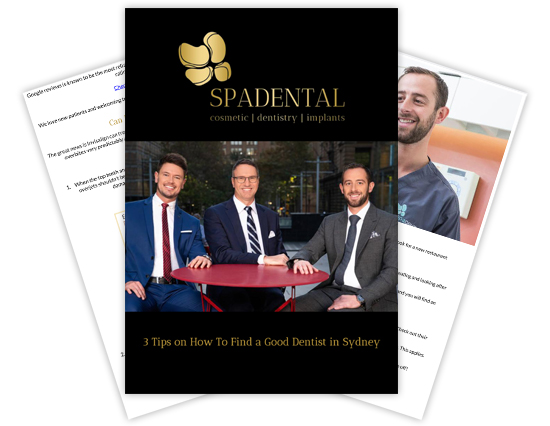How does an abscess form? A quick look by our dentist

It is one of the most common reasons why someone calls an emergency dental team, simply because they can no longer manage the discomfort or the pressure, an oral abscess.
An oral or dental abscess is considered a dental emergency, and it can be extremely uncomfortable to experience, so most dental teams (including ours) will aim to book you in for a same-day appointment as soon as possible if we suspect that this is what you have.
When you have an abscess or another dental crisis, our emergency dentist Sydney will aim to see you within the next 24 hours, to ensure that you can go about your day as planned, without discomfort or worsening symptoms. We take oral health very seriously and are dedicated to keeping abscesses to a minimum.
But what causes a dental abscess and how does our dentist Sydney treat this extremely common occurrence? Read on to find out!
Abscesses and their common causes
The most common cause of an abscess is untreated decay. According to our dentist Sydney, the decay burrows deep into the tooth via a cavity and starts to impact the nerve. This is a periapical abscess, which as it develops, can be very uncomfortable.
There are also periodontal abscesses, which are caused by pus and sores on the gum line. These are much easier to treat but can still be uncomfortable.
Development
Concerning the periapical abscess, the bacteria in the nerve or pulp begin to multiply, and the body reacts by forming a protective sac of white blood cells to fight the infection. This is the abscess, and as it grows, it causes pressure and discomfort, which is hard to ignore. At this stage, you will need to call our emergency team.
Treatment
Depending on the severity of the decay to the tooth, our team will usually opt for either the full extraction of the tooth, or a root canal.
A root canal is preferable but is only an option if you have minimal damage to the tooth and the root. If the damage to these areas is extensive, then we will usually aim to remove the entire tooth.
Prevention
The best way to prevent an abscess is to undergo regular check-ups with our team. This will allow us to spot the signs of decay which can develop into an infection, and treat it with either a filling or a crown.
You should also aim to reduce your intake of sugar at home, brush your teeth with an electric toothbrush twice a day, and be sure to floss!
Urgency
If you suspect that you have a dental abscess, and are experiencing discomfort, a fever, nausea, or are sick, then you need to contact our emergency dental team as soon as possible.
While it can be tempting to try and burst the abscess at home, we strongly advise against this, as it can cause the abscess to rupture internally, leading to pus entering the bloodstream. This can lead to sepsis, which is life-threatening if not treated quickly. So, always call for emergency help if you suspect an oral abscess.
DISCLAIMER
All treatment carries risks. Individual consultation is required with one of our practitioners to ensure that the treatment is right for you.




